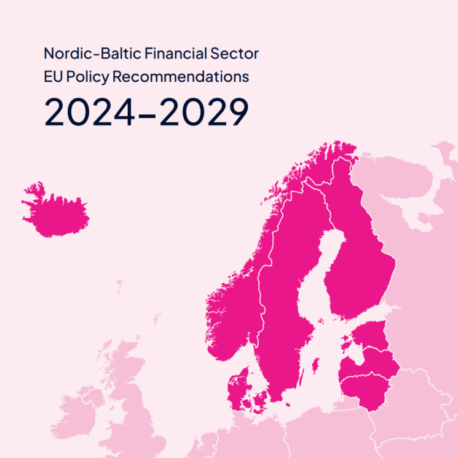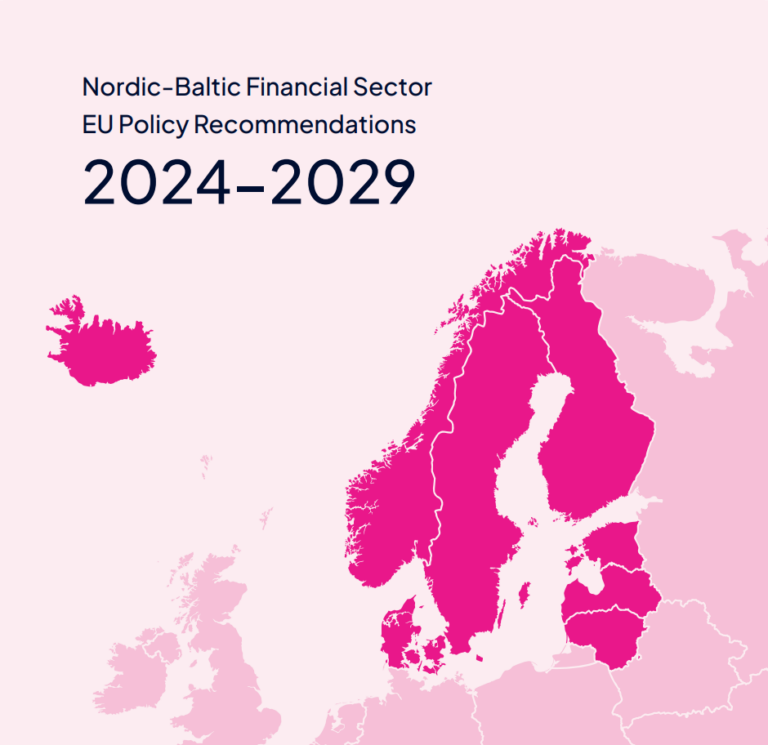
- The Nordic and Baltic banking associations have released their EU policy recommendations for the 2024–2029 term.
- The financial sector is subject to a large amount of regulation, most of which originates at the EU level.
- The Nordic-Baltic financial sector’s aim is that in future, all new EU-level proposals would consider the financial sector’s competitiveness and how the financial sector can best contribute to both European competitiveness and open strategic autonomy.
The Nordic-Baltic financial sector’s EU policy recommendations were drawn up by Finance Finland and the respective banking associations of Sweden, Norway, Denmark, Iceland, Estonia, Latvia and Lithuania. The Nordic-Baltic banking markets are highly integrated, and the top six credit institutions in the region are active in several – some in all – countries in the region.
Finance Finland and the other Nordic-Baltic banking associations have released their EU policy recommendations for the 2024–2029 term. The recommendations highlight themes important to the financial sector that the new European Parliament and Commission should address over their upcoming five-year term. Elections for the European Parliament will take place in June. Following the elections, the Parliament will elect the President of the European Commission and appoint its Commissioners.
“The importance of the financial sector cannot be overstated. At both national and European level, it generates and finances growth and business and supports the transition towards a green and digital society. It is also a major employer and taxpayer. It is for this reason that the European Parliament and Commission should pay increasing attention to the financial sector’s landscape and legislative framework. The European operating environment has grown more challenging for everyone. Combined, the Nordic-Baltic countries form the fourth largest economy in Europe, so we hope all European decision-makers will take heed of our message”, says Mari Pekonen-Ranta, director of EU affairs at Finance Finland.
“One of the Nordic-Baltic financial sector’s aims is that all new EU-level proposals on bank and capital markets regulation would consider the financial sector’s competitiveness and how the financial sector can best contribute to both European competitiveness and open strategic autonomy.”
MARI PEKONEN-RANTA, Director, EU Affairs

The financial sector is subject to a large amount of regulation, most of which originates at the EU level. This regulation is often complex, frequently overlapping and sometimes even conflicting, as new regulation is created on top of old legislation. One of the Nordic-Baltic financial sector’s aims is that in future, all new EU-level proposals on bank and capital markets regulation would consider the financial sector’s competitiveness and how the financial sector can best contribute to both European competitiveness and open strategic autonomy.
“One of our key goals is for EU legislation to enable a competitive and stable European financial sector. This involves further developing the Single Market and the Capital Markets Union, simplifying regulation and reducing administrative burden. The simplification of the macroprudential system is also called for. All new bank and capital markets regulation must be adequately calibrated to allow the financial sector to fund and support the various needs of society and businesses and to promote the critically important digital and green transitions.”
The Nordic-Baltic financial sector’s other key goals include growing the Single Market and the Capital Markets Union, improving regulation concerning sustainability and digitalisation, preparing for and preventing new kinds of safety and security threats as well as investing in the promotion of financial literacy.
Still have questions?
|Contact our experts
Looking for more?
Other articles on the topic

How much would the digital euro cost? Initial estimation published
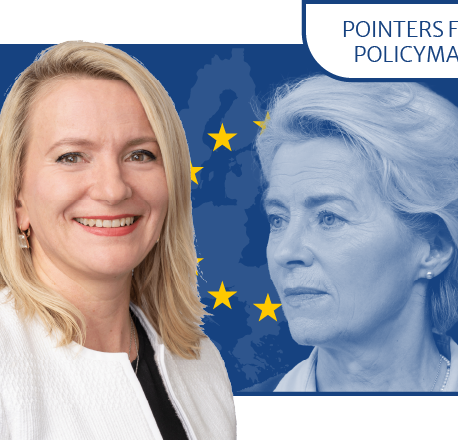
The Brussels regulatory machine is running full throttle – The threshold for new regulatory proposals must be high
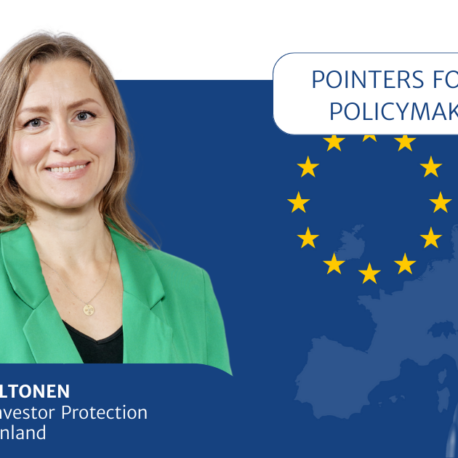
Investment should be encouraged with effective solutions, not regulation – The European savings and investments account would draw on member states’ best practices
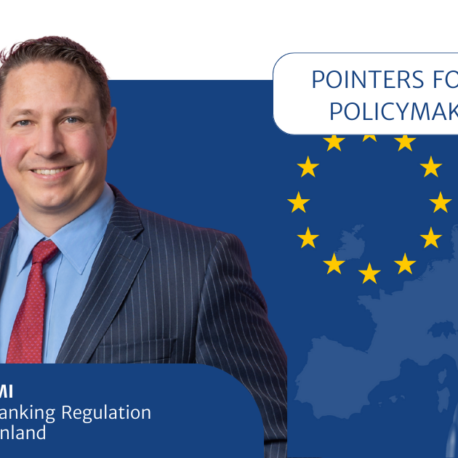
Time for the EU to get serious about rationalising regulation

